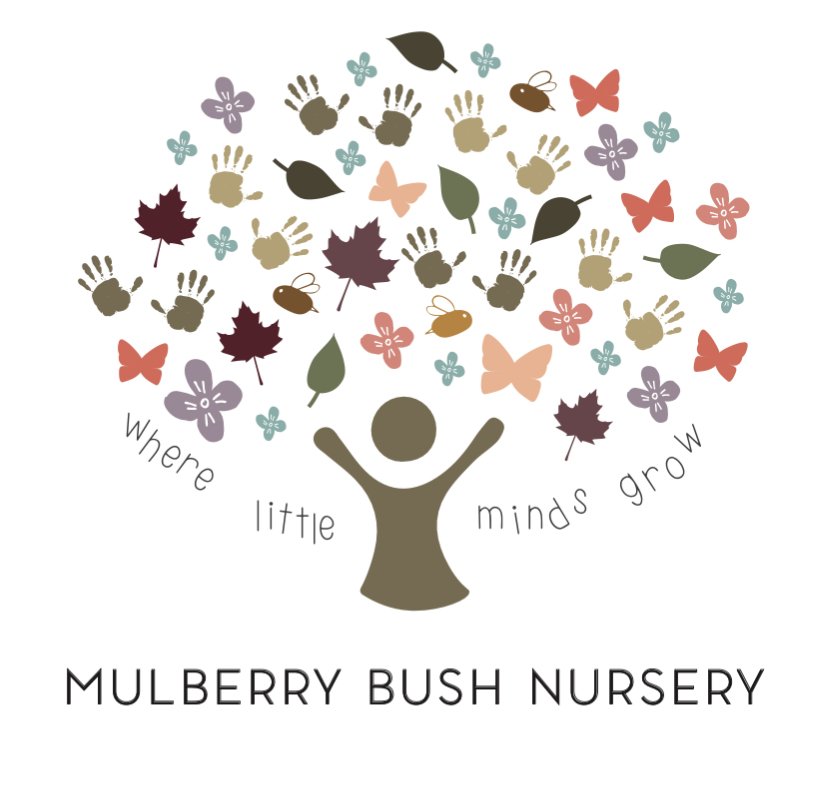Food and drink policy
Policy
We regard snack and meal times as an important part of our day. Eating represents a social time for children and adults, and helps children to learn about healthy eating. We promote healthy eating and at snack and meal times, we aim to provide nutritious food, which meets the children's individual dietary needs.
We follow these procedures to promote healthy eating in our setting.
Before a child starts to attend the setting, we ask their parents about their dietary needs and preferences, including any allergies. (See the Accident, Illness and Emergency Policy.)
We record information about each child's dietary needs in the Registration Form and parents sign the form to signify that it is correct.
We regularly consult with parents to ensure that our records of their children's dietary needs – including any allergies - are up-to-date. Parents sign the updated record to signify that it is correct.
We display current information about individual children's dietary needs so that all our staff and volunteers are fully informed about them.
We implement systems to ensure that children receive only food and drink that is consistent with their dietary needs and preferences, as well as their parents' wishes.
We provide nutritious food for all snacks, avoiding large quantities of saturated fat, sugar and salt and artificial additives, preservatives and colourings.
We take care not to provide food containing nuts or nut products and we are especially vigilant where we have a child who has a known allergy to nuts.
Through discussion with parents and research reading, we obtain information about the dietary rules of the religious groups to which children and their parents belong, and of vegetarians and vegans, as well as about food allergies. We take account of this information in the provision of food and drinks.
We show sensitivity in providing for children's diets and allergies. We do not use a child's diet or allergy as a label for the child, or make a child feel singled out because of her/his diet or allergy.
We have a rolling snack time, where the children are able to make choices, and make choices. It is a social occasions in which children and adults participate.
We use meal and snack times to help children to develop independence through making choices, serving food and drink and feeding themselves.
We provide children with utensils that are appropriate for their ages and stages of development and that take account of the eating practices in their cultures.
We have fresh drinking water constantly available for the children. We inform the children about how to obtain the water and that they can ask for water at any time during the day.
We inform parents who provide food for their children about the storage facilities available in our setting.
We give parents who provide food for their children information about suitable containers for food.
In order to protect children with food allergies, we discourage children from sharing and swapping their food with one another.
Packed lunches
We cannot provide cooked meals. Children are required to bring packed lunches, Parents are asked to ensure perishable contents of packed lunches contain an ice pack to keep food cool; we inform parents of our policy on healthy eating; we inform parents we do not have facilities to microwave cooked food brought from home; we encourage parents to provide sandwiches with a healthy filling, fruit, and milk based deserts, such as yoghurt or crème fraîche, where we can only provide cold food from home. We discourage sweet drinks and can provide children with water or diluted fresh fruit juice; we discourage packed lunch contents that consist largely of crisps, processed foods, sweet drinks and sweet products such as cakes or biscuits. We reserve the right to return this food to the parent as a last resort;
provide children bringing packed lunches with plates, cups and cutlery; and
ensure that adults sit with children to eat their lunch so that the mealtime is a social occasion.
